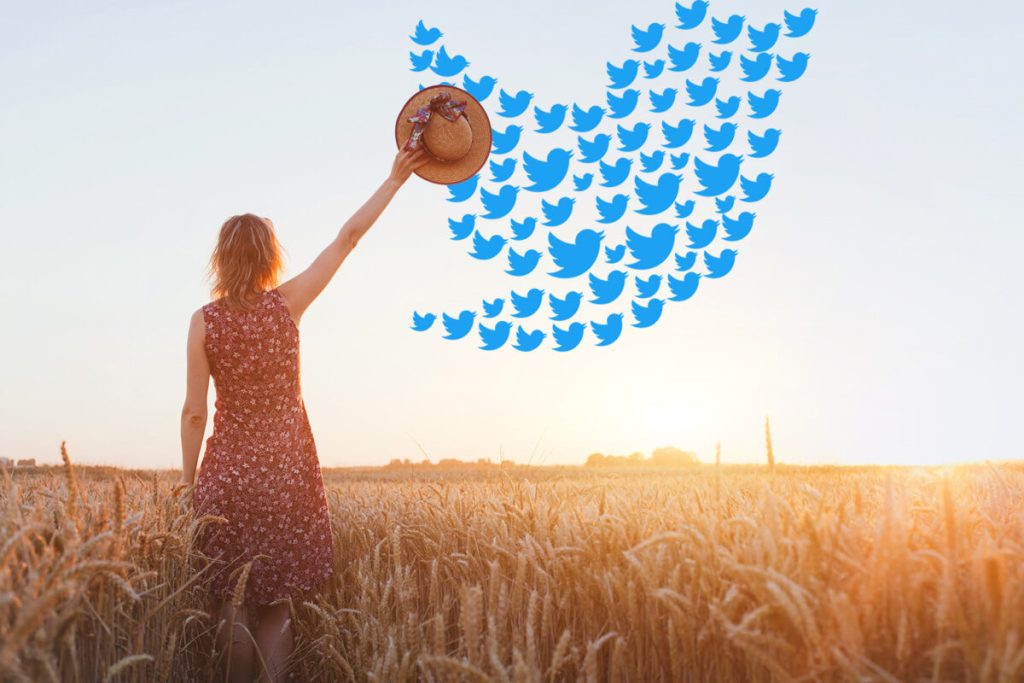(Note: This is Part 1 of a 3 Part series on the upheaval of social media and the impact on radio. Part 2 will post on Wednesday, April 12, and Part 3 will post on Thursday, April 13.)
Twitter has changed dramatically in less than six months since Elon Musk purchased it. Efforts to monetize the social media giant have backfired, making Twitter’s technology unreliable, its actions erratic, and its content hostile. As a result, users and advertisers are abandoning Twitter in mass. The facts:
- Unreliability: Twitter has had multiple global outages, including four times in February alone.
 Erratic Actions: TechCrunch thoroughly detailed all the changes on Twitter since the ownership change, and it’s almost impossible to count all the changes. According to Social Media Today, Twitter has changed its verification process alone six times since the change in ownership.
Erratic Actions: TechCrunch thoroughly detailed all the changes on Twitter since the ownership change, and it’s almost impossible to count all the changes. According to Social Media Today, Twitter has changed its verification process alone six times since the change in ownership.- Hostile Content: According to a Network Contagion Research Institute report, within the first twelve hours after Musk took over Twitter, racist and sexist slurs increased by 500%. A study by Montclair State University found that in the first week after moderation rules were dropped, “The seven-day average of Tweets using the studied hate terms prior to Musk’s acquisition was never higher than 84 times per hour. However, on October 28 from midnight to noon (immediately following Musk’s acquisition), the studied hate speech was Tweeted some 4,778 times.”
- Abandonment: Insider Intelligence projects that Twitter will lose over 32 million users within two years after Elon’s takeover. For the first time, they estimate that Twitter users worldwide will decline by about 4% in 2023 and 5% in 2024. Reports state that Twitter will lose 40% of forecasted ad revenues. According to CNN, Pathmatics reported that “More than half of Twitter’s top1,000 advertisers in September were no longer spending on the platform in the first weeks of January,” and that “some 625 of the top 1,000 Twitter advertisers, including major brands such as Coca-Cola, Unilever, Jeep, Wells Fargo and Merck, had pulled their ad dollars as of January.”
Last week, a New York Times article, “How Elon Musk Is Changing The Twitter Experience,” cited the following: “He has tinkered with the algorithm that decides which posts are most visible, thrown out content moderation rules that ban certain kinds of tweets and changed a verification process that confirms the identities of users.”
All of this has occurred in less than six months, leading one to the unmistakable conclusion that every move is focused on increasing Twitter revenue regardless of the impact on society. Twitter is no longer a safe space for all people, advertisers, brands, or media.
Last Tuesday, Twitter coded NPR as “state run media,” the same label affixed to known propaganda outlets such as Russian propaganda network RT and China’s Xinhua News Agency. After backlash, Twitter changed NPR’s coding to “government-funded media,” even though 99% of NPR funding comes from sources other than government funding.
NPR has stopped posting on Twitter, and KCRW Los Angeles, which airs a dual format of NPR News and music, announced Friday they have canceled their account.
In Part 2 of 3, Paragon consultants Mike Henry, Izzi Smith, and Michelle Conrad will stake out their opinions on whether public radio stations should remain active on Twitter.
In Part 3, Paragon will tackle increased calls for regulation (or self-regulation) of social media and TikTok.
Learn more about Mike Henry.
Please use our Comments to let us know what, if any, actions you are taking with your radio station.

Leave A Comment